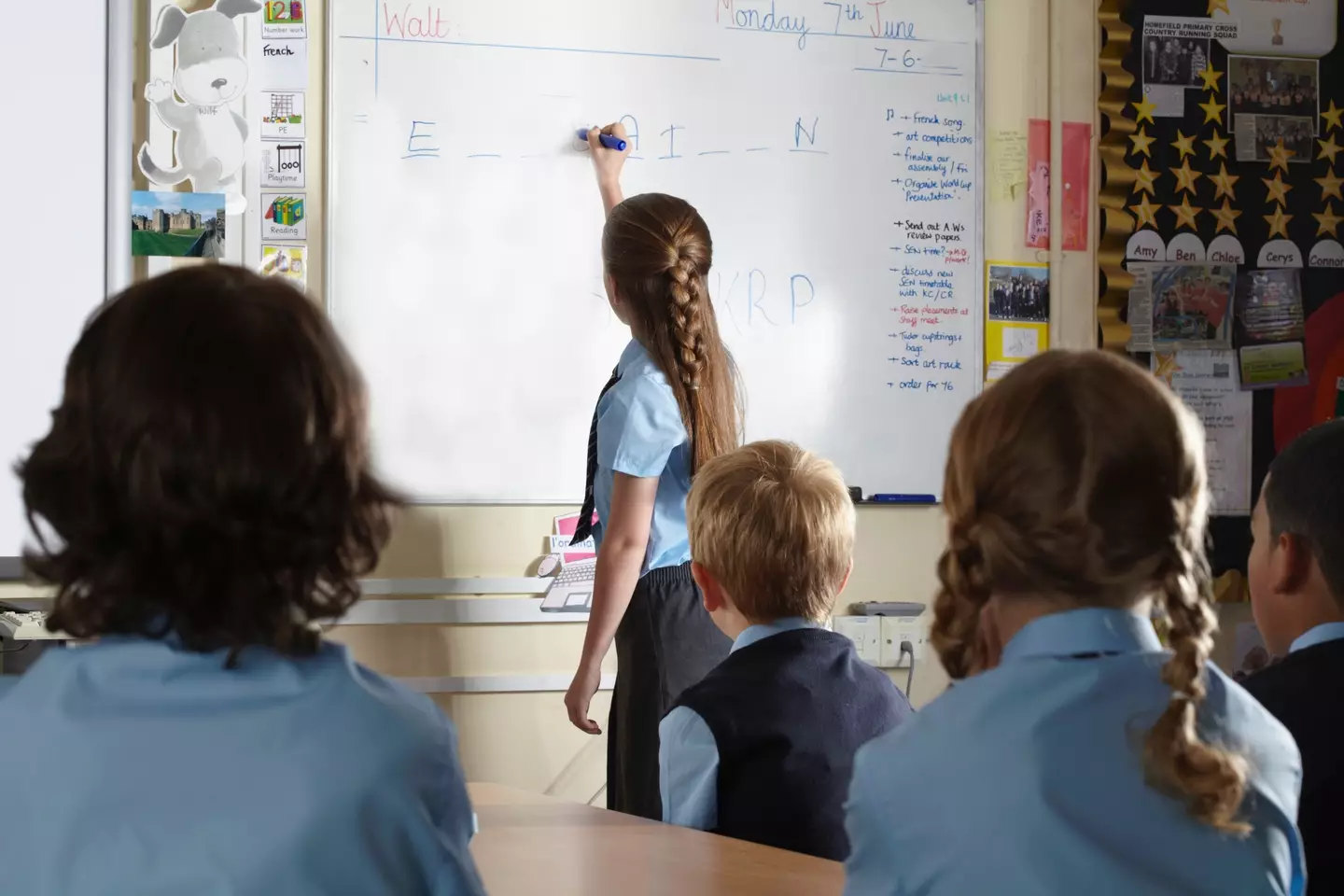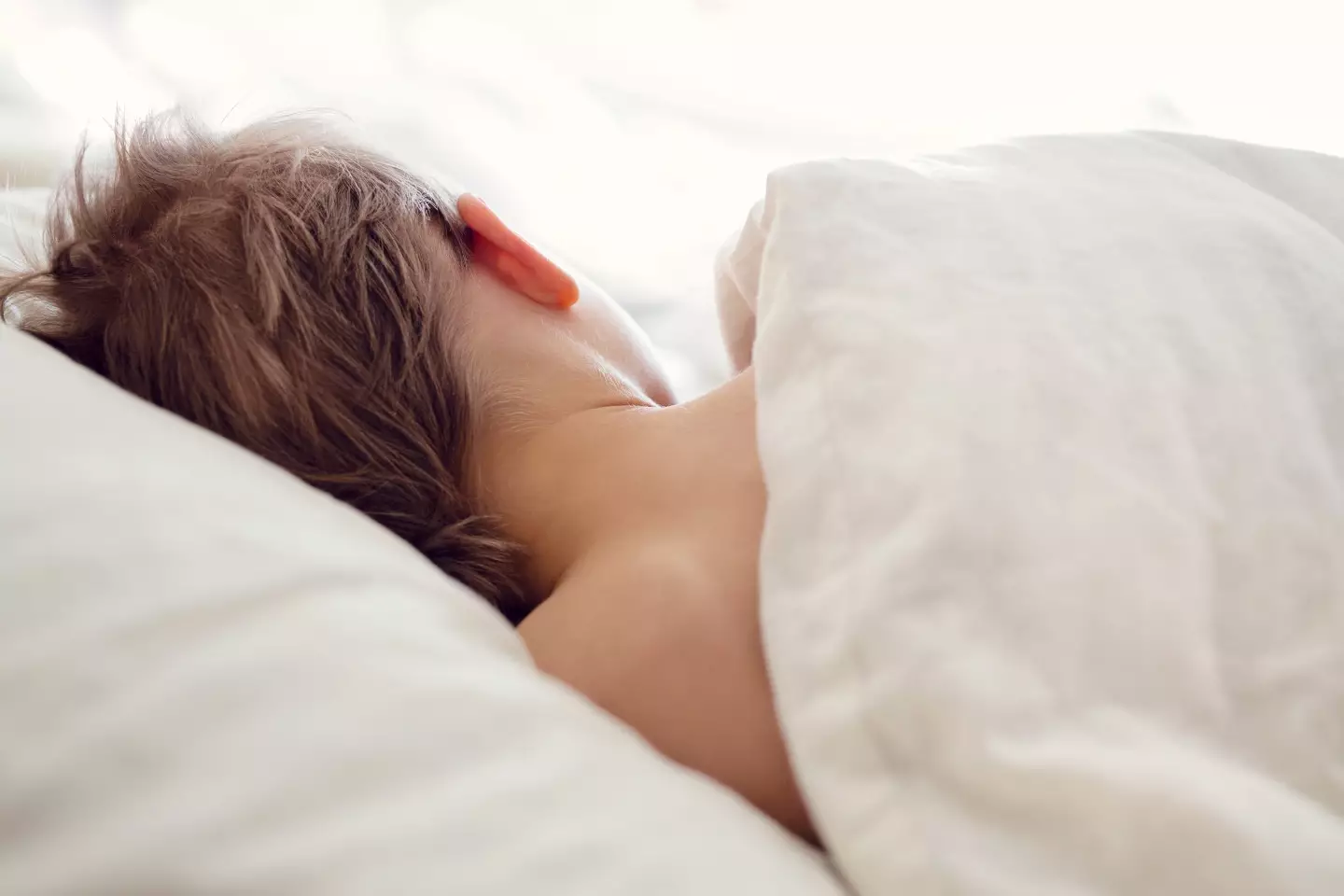
A sleep expert has detailed exactly how to get your children back into a healthy routine ahead of back-to-school season.
As we dive deeper into September, it’s only natural that parents of toddlers and teens alike will be wanting to introduce a slightly stricter sleeping schedule.
As the World Health Organisation reports that one in four children in the UK doesn’t get enough sleep, it’s so important to get your little ones feeling their best ahead of the busy school week.
Ahead of the new semester, Dr Sophie Bostock at Benson’s for Beds has detailed her top tips for implementing good sleeping habits.
One of the doctor’s main points of advice is to try and get the whole household on the same ‘school routine’ earlier, rather than later.
Advert
“Over the next few days, set your alarm 15 minutes earlier, until you hit school wake-up time, and try and stick with it at the weekend,” she said.
“This is especially important for teenagers, who are natural night owls. If you, or they, are struggling to get going in the morning, get plenty of bright light, eat some breakfast, and go for a short walk; light, food, and movement all send a wake-up call to the brain.”

As the early morning and early night routine starts to stick, Dr Bostock also recommends including a ‘winding down’ period.
Advert
She advises children take a bath, read a book, and/or have a cuddle to help them head off to dreamland.
“Predictability and familiarity will help to calm the anxious mind and improve your readiness for sleep. This works for adults, as well as their kids!”
For worried minds, it’s also said that setting time aside to journal during the day could be beneficial for a good night’s rest.

Advert
“The process of writing down what is worrying you can be therapeutic", she said.
"Set aside 20 minutes in the afternoon or early evening to brainstorm what's been keeping you awake. You can try this with older kids too.”
As per the National Institutes of Health, journaling can also improve well-being and elevate those intense anxiety symptoms.
However, Dr Bostock claims that this method of anxiety-release is best not left before your children hit the hay.
Advert
“Try to avoid conversations about worries before bed - instead, focus on what made you happy that day, or things you're looking forward to in the future.”
According to the sleep expert, a lack of sleep can ‘interfere with learning and mood’, which often leads to ‘behavioural problems at school’ and thus impacts academic outcomes.
It’s therefore recommended that kids aged between three and five sleep for ten to 13 hours per night, and six to 12-year-olds get nine to 12 hours.
For teenagers aged 13 to 18, the American Academy of Sleep Medicine states that they should be getting between eight to ten hours every night.
